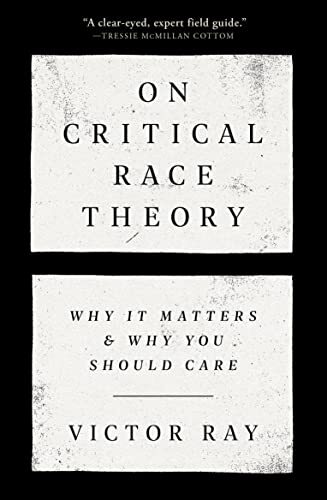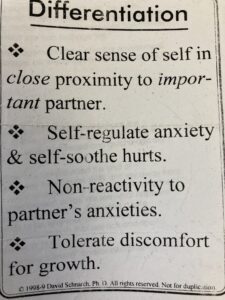WHEN YOU CONDEMN SOMETHING, DO YOU FULLY UNDERSTAND IT?
Like the precepts of certain religions: Honor Your Father, we often encounter statements that have been verified by others to be absolute truth. But are they? How do we evaluate or decide if a statement is always true? What process do we use to evaluate information? I think we could agree, that it is best to understand something before we condemn it. But that process can require our willingness to research, to think and to understand.
HOW WE LIVE WITH ONE ANOTHER
In a recent article in the Chicago Tribune, John Warner explores this problem regarding Critical Race Theory. When Warner approaches a particular point of view that is dealing with a problem, an argument–he “envisions it by literally putting on a different set of glasses. If I examine a set of events through a lens of this other idea, what do those things look like?”
He then refers to a profound early experience when reading Howard Zinn’s “A People’s History of the United States”. In that book, Zinn quotes Winston Churchill saying something that he doubts Churchill said…”History is written by the victors” and then turns that statement upside down. The example Warner uses is one that refers to the Industrial Revolution in America, where the rich became richer and the poor or struggling were “literally killed in the process as the robber barons amassed … inconceivable wealth.”
Focussing on this example helped Warner realize that different questions require different lenses to see an answer clearly. Thus another question…
“Given that the 13th Amendment and later initiatives like the Civil Rights Act provided equality under the law to Black People in the United States, why do they, on average, still lag behind in terms of ….educational outcomes and building wealth?”
A NEW TERM TO UNDERSTAND AND TO ACCEPT…
One of the lenses to look through to try to answer that question is critical race theory, which focuses on the idea that racism is systemic in the country’s institutions and that those institutions maintain the dominance of white people. Critical race theory has been positioned as some kind of boogeyman coming for white children, but the truth is:
It is a set of ideas that can be understood, discussed and applied, (being) nothing for any thinking person to be afraid of.
John Warner then mentions the publication of a new book that helps advance this discussion: ON CRITICAL RACE THEORY: WHY IT MATTERS & WHY YOU SHOULD CARE, by Victor Ray, sociologist and senior fellow at the Brookings Institute.
Warner writes that reading this book “is like having a conversation with a wise and perceptive professor who both understands his subject and anticipates the questions his audience might have.”
Warner also wanted to make sure that the book addressed the progress the United Sates had made. He found some answers in Chapter Four, Racial Progress. Malcolm X starts with this: “If you stick a knife in my back nine inches, and pull it out six, there’s no progress. If you pull it all the way out, there’s not progress. The progress is healing the wound the knife made.”
Victor Ray then states the true and disturbing ways progress for African Americans had been reversed, including schools that have gradually been re-segregating in the 1980s and an expanding wealth gap between white and Black Americans.
When governors of certain states are insisting that critical race theory not be taught in any shape or form in their state’s public schools, they first–are trying to make the term something evil that will hurt white children (it’s just history folks) and they are also attempting to once again ignore the constitution of the United States, that ALL MEN and WOMEN ARE CREATED EQUAL.
FINAL THOUGHTS
In his book, Ray makes his case. But I will put it into a question…Why can’t history classes read a book as a learning tool to better understand racial inequalities in our society and thus in our country? His book is offering one lens that may help some see more clearly how race and division developed in this country and thus come to some well-educated conclusions.
People, senators, governors, teachers who attack critical race theory without taking a hour or more to read this book and thus understand what the theory describes and asks–are choosing what Warner calls, willful blindness.
The author, Victor Ray, and reviewer, John Warner, are both right. The future of our country depends on our being UNITED. We will not achieve that unless we are able to use our brains and our hearts to understand what is lacking in society, and to make it clear that freedom, equality belong to every American. It is part of our Constitution, and if any of us have doubts, we must educate ourselves to fully understand.
Below is a rubric that helps you argue while still maintaining self-worth. In other words, when defending equality for all, you will encounter hate and anger. Try to hang in there. Believe in yourself and your truth.
Facebook Twitter LinkedInPinterest




